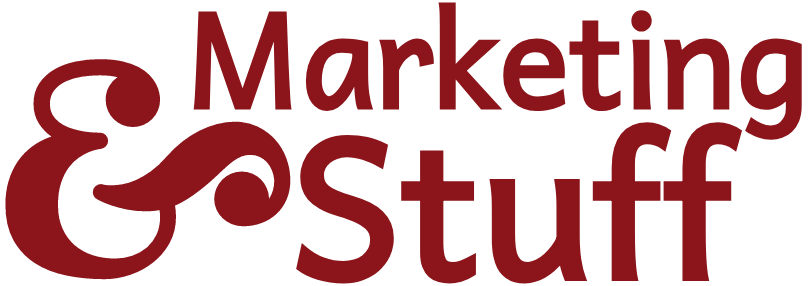There is a buzz about ChatGPT right now – so much so that it’s quite often at capacity if you try to use it during the day in the week.
Possibly this is an intentional ploy by the developer, Open.ai, to make it seem even more attractive and exciting – and drive take up of the paid-for version. The use of scarcity as a way to influence how people perceive value is well-known, after all.
I had been reading Small is Beautiful: A study of economics as if people mattered by EF Schumacher and thought that a review of this book and how its lessons could be applied by marketers would be good on this blog. So I asked ChatGPT:
Write a review of the book ‘Small is beautiful’ by E F Schumacher in the style of the writing on Marketingandstuff.com. The review should consider how marketers can take on board the ideas in the book to avoid the dangers of consumerism.
This gave me a fairly good result from the start, but I decided to do a little editing here and there. You can see the result here.
Because I write this blog mostly to keep myself in practice for writing, using a bot to generate the content is self-defeating. Although I have engaged with the process by editing, I don’t feel as if the article is ‘mine’. It was a pretty soulless experience, and I think the result is blandly generic even after my editing.
I also experimented with getting some content generated for work. This really didn’t work for me because I needed something that had some technical detail, pitched to an expert audience. ChatGPT uses the information it has on hand – specifically the Internet up to September 2021 – so it lacked the background and specialism that I’d need for any work-related information. So – no easy fix for content or articles, but on the plus side, it doesn’t look like my job is at threat from AI … yet.
What I did find useful was that it gave me some ideas and starting points. Even though the text it produced wasn’t usable for anything work-related, it gave me something to work with. If you are stuck for ideas, any words can be better than feeling stuck looking at a blank screen. Also, because you can ask it some really specific questions, you can steer the direction of the output. It’s a bit like having someone else to bounce ideas off which is useful if you are the only writer on the team.
As a summary: ChatGPT is a good tool for producing generic, non-specialist content quickly or for helping to overcome writers’ block by providing some starting points to work from. But you can’t yet use it for writing anything topical or highly specialised.

